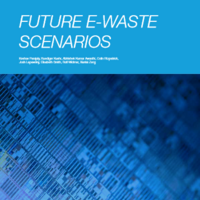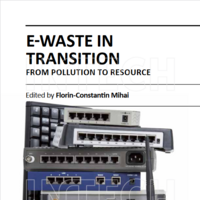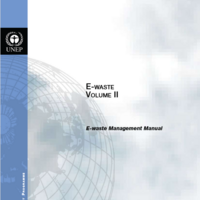Search
Books+
Searching 1,730 books
Search related to the career Nuclear Engineer
Challenges Faced by Nuclear Engineers:
1. Safety: Ensuring the safety of nuclear power plants and nuclear facilities is a critical challenge for nuclear engineers. They must design and implement robust safety systems to prevent accidents and mitigate the potential risks associated with nuclear energy.
2. Waste Management: Nuclear engineers face the challenge of managing and disposing of radioactive waste generated by nuclear power plants. Developing effective strategies for long-term storage and disposal of nuclear waste is crucial to minimize environmental impact and potential health hazards.
3. Regulatory Compliance: Nuclear engineers must navigate complex regulatory frameworks and comply with stringent safety regulations imposed by government agencies. Adhering to these regulations while maintaining efficient operations can be a significant challenge.
4. Public Perception: Nuclear energy often faces public skepticism and concerns due to the potential for accidents and the long-term impact of nuclear waste. Nuclear engineers must address public perception by promoting transparency, educating the public, and implementing measures to build trust in the safety and reliability of nuclear power.
5. Cost: Nuclear power plants require substantial upfront investment and have high operational costs. Nuclear engineers must find ways to optimize plant design, improve efficiency, and reduce construction and maintenance expenses to make nuclear energy economically viable.
6. Skills and Expertise: Nuclear engineering is a highly specialized field that requires extensive knowledge of nuclear physics, reactor design, and safety protocols. Finding and retaining skilled professionals in this field can be a challenge, especially as the demand for nuclear engineers fluctuates.
7. Emerging Technologies: Nuclear engineers face the challenge of staying updated with advancements in nuclear technology. They must continuously adapt to new developments, such as advanced reactor designs, nuclear fusion research, and innovative fuel cycles, to ensure the industry remains at the forefront of technological progress.
8. Non-Proliferation: Nuclear engineers play a crucial role in preventing the proliferation of nuclear weapons. They must develop and implement safeguards to ensure that nuclear materials and technologies are not misused or diverted for military purposes.
9. Environmental Impact: While nuclear energy is considered a low-carbon alternative to fossil fuels, the mining and processing of uranium, as well as the potential for accidents and waste disposal, can have environmental consequences. Nuclear engineers must work towards minimizing the environmental impact of the entire nuclear fuel cycle.
10. Public Engagement: Engaging with stakeholders, including local communities, policymakers, and environmental groups, is vital for nuclear engineers. They must effectively communicate the benefits, risks, and advancements in nuclear energy to foster understanding and support for the industry.
Note: The challenges faced by nuclear engineers may vary depending on their specific roles, projects, and the country or region they work in.
Source: Various AI tools

























